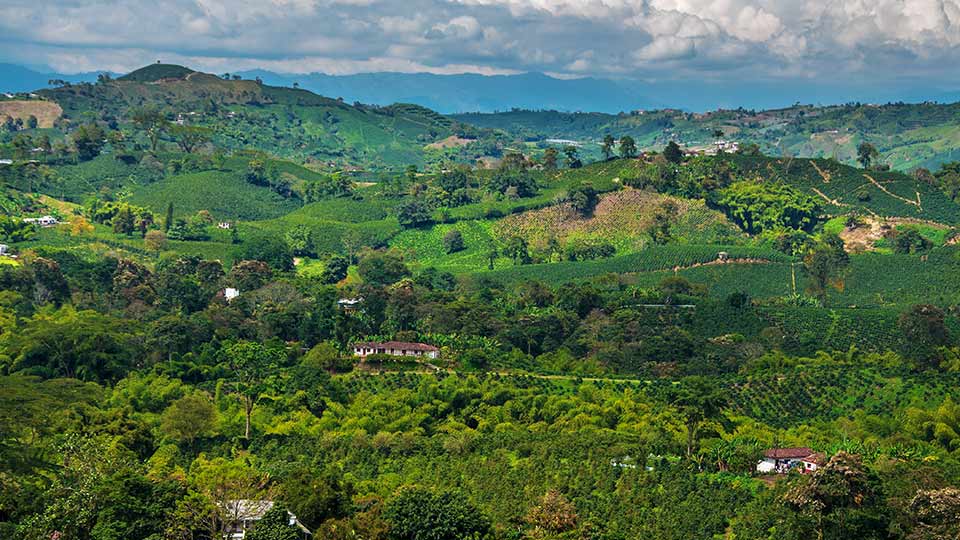Professor Katherine Gough, of the School of Social Sciences, will lead ‘Territorial planning for peace and state building in the Alto Cauca region of Colombia’ – a project funded by UK Research and Innovation (UKRI) in partnership with Colombia’s Administrative Department of Science, Technology and Innovation (Colciencias) – with Dr Irene Velez-Torres, of the Universidad del Valle.
Following the signing of the 2016 peace agreement and the demobilization of the Revolutionary Armed Forces of Colombia (FARC-EP, after the initials in Spanish), the Colombian state is trying to re-establish its authority in conflict-affected areas.
Running from 2018-2020, Professor Gough’s project will explore how the state’s presence is being constructed through territorial planning in three post-conflict zones, and thereby strengthen the capacities of local communities to successfully plan and develop their territories in accordance with the peace agreement.
The location selected for the project is the Alto Cauca region, one of the areas particularly affected by the armed conflict, and fieldwork will be conducted in the communities of Buenos Aires, Miranda and Corinto.
The project looks to engage with long marginalised actors, including landless peasants, Afro-descendants and indigenous peoples, and bring the voices of these communities into the peacebuilding process in an attempt to ensure it is truly participatory and long-lasting.

Different ethnographic and participatory approaches – including community workshops – will be used to map the socio-economic actors, production systems, rural transformations and power relations in the three areas, and explore the instruments, institutions, and government strategies being used to build peace.
A key element of the project is the participation of diverse community members in the Capacity Training Programme – a diploma certified by the Universidad del Valle – which, as well as offering training in techniques including Geographical Information System (GIS), videoing and oral history, will provide space for dialogue within and between different ethnic groups.
The project, which sees Dr Carolina Escobar-Tello, of the Design School, and Dr Giulia Piccolino, of the School of Social Sciences, join Professor Gough on the Loughborough research team, will generate important new knowledge about how territorial rights and access, social relationships, and state power interact in the transition from war to peace.
Professor Gough commented: “We are delighted to be working with the Universidad del Valle on this important research project investigating the implementation of the peace process in Colombia.
“In particular, the participation of diverse community members in the Diploma is an exciting method that will generate original knowledge and has the potential to make a real impact by strengthening inter-ethnic relations and the ability of communities to interact with the state in the peace process.”
A sum of £663,555 has been divided between Loughborough University and the Universidad del Valle for Territorial planning for peace and state building in the Alto Cauca region of Colombia.

It is one of 10 projects launched by UKRI in partnership with Colciencias and a total of £2.8m has been awarded through the Newton Fund.
Professor Andrew Thompson, UKRI Champion for International and Executive Chair of the Arts and Humanities Research Council (AHRC), said the projects will "contribute to a more just and peaceful world, enabling us to assess the causes and effects of long-term conflict and promote sustainable development by starting a dialogue based on understanding and respect."
He added: “It is heartening to see, in the Colombian context, research projects that take fresh approaches to tackling development challenges. As well as being insightful in themselves, I hope they will also open up new corridors of research practice within the arts, humanities, and social sciences.”
